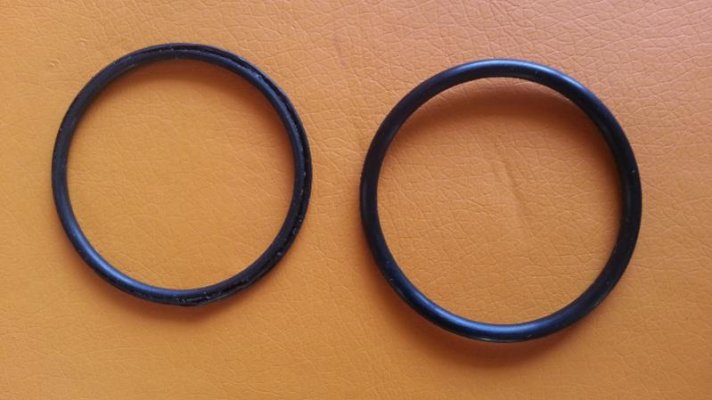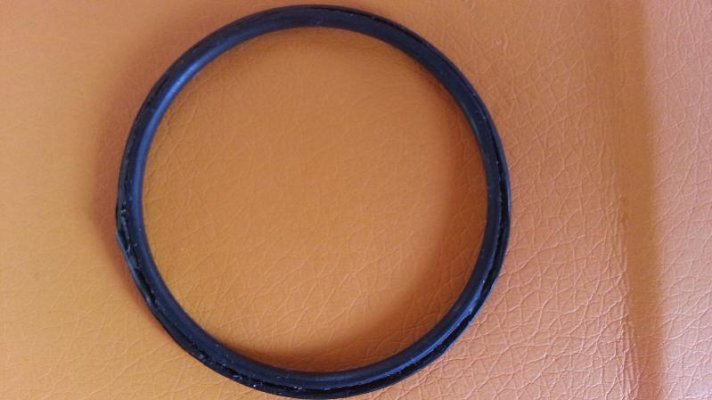Rustybarge
Guru
Thanks all,
I'm not disagreeing with you, but I think you are also not listening very well.
I will add water sensors to the Racors. They have the hole for them and I would have caught it sooner.
It was salt water. I tasted it.
Probably won't do anything else.
Again, EVERYTHING on the boat could be better, newer, have more redundancy. In fact, why not just hire a crew to do it all.
Wait, why not just go on someone else's boat?
Dauntless has gone over 11,000 miles, 2000 engine hours and 4,000 gallons of fuel, without the engine ever stopping without human intervention.
Think what that means.
For better or for worse, this is the system I like and can afford.
Nuff said
What ever about the integrity of the fuel system, if the engine does stop and you are unable to restart after a few goes, what are you going to do with a flat battery?
You need one these, definitely: Spring starters Simms, Lucas, CAV mechanical starter motors from Kineteco Home Page.


Last edited:



 how many backup systems can you have?
how many backup systems can you have?

